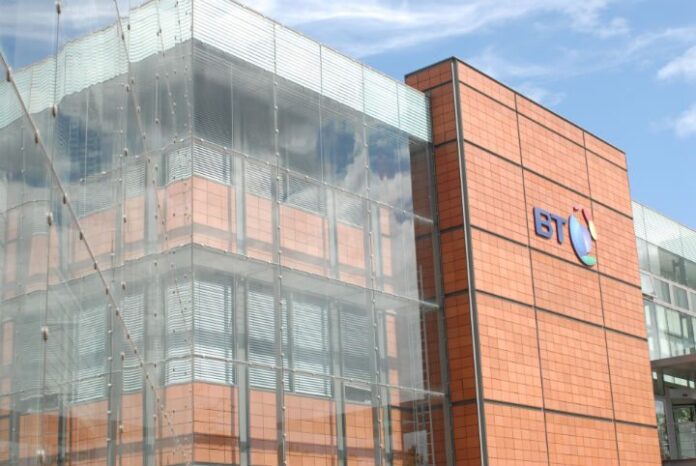One day after the parent companies of O2 and Three agreed to merge the two British carriers, rival BT has announced its return to mobile. BT is already the U.K.’s largest provider of landline service, and earlier this year it agreed to buy EE, Britain’s leading mobile operator, for about $19 billion.
BT sold its mobile assets in 2001. The company was reselling EE’s mobile service to corporate customers even before it announced plans to buy EE. Now it will also offer EE’s mobile service to consumers. BT’s existing broadband customers will pay $7.50 for 500 megabytes of data, unlimited texting and 200 minutes of voice calls, with options to get more data at higher price points. Customers who do not get their home phone or Internet service from BT will pay roughly twice as much.
BT was poised to become Great Britain’s largest mobile operator through its planned EE acquisition, until yesterday’s announcement from Hutchison Whampoa and Telefónica, the owners of Three and O2 in the U.K. If the companies get approval to merge those two carries, they will create the nation’s leading mobile operator, with more than 30 million subscribers. EE has roughly 24 million mobile subscribers, but is a leader in LTE deployments.
O2/Three, BT/EE, and Vodafone are set to dominate the British wireless market if the two proposed mergers are consummated. The U.K. is not only experiencing consolidation in the number of mobile operators, but is also seeing broadband and mobile players come together. With BT combining landline and wireless service, rivals are quickly following suit. According to Bloomberg, Vodafone is set to offer TV and Internet packages, and broadband provider Sky Plc plans to offer mobile service through O2.

